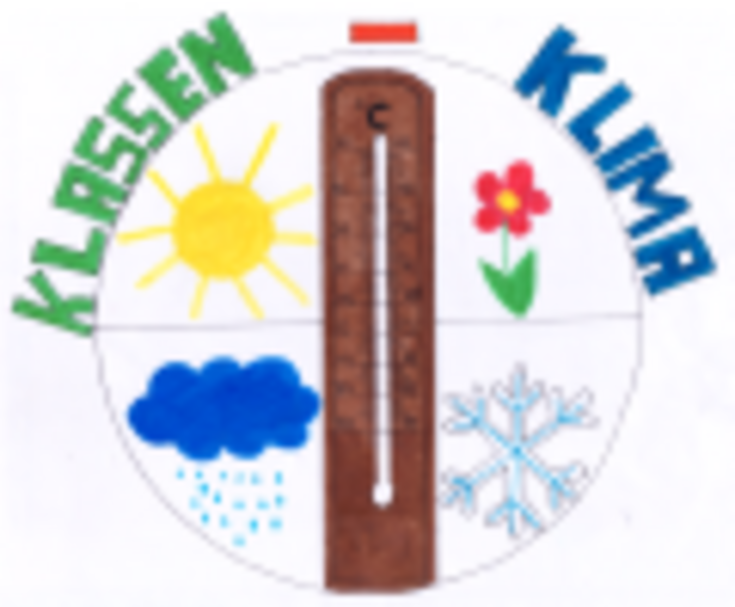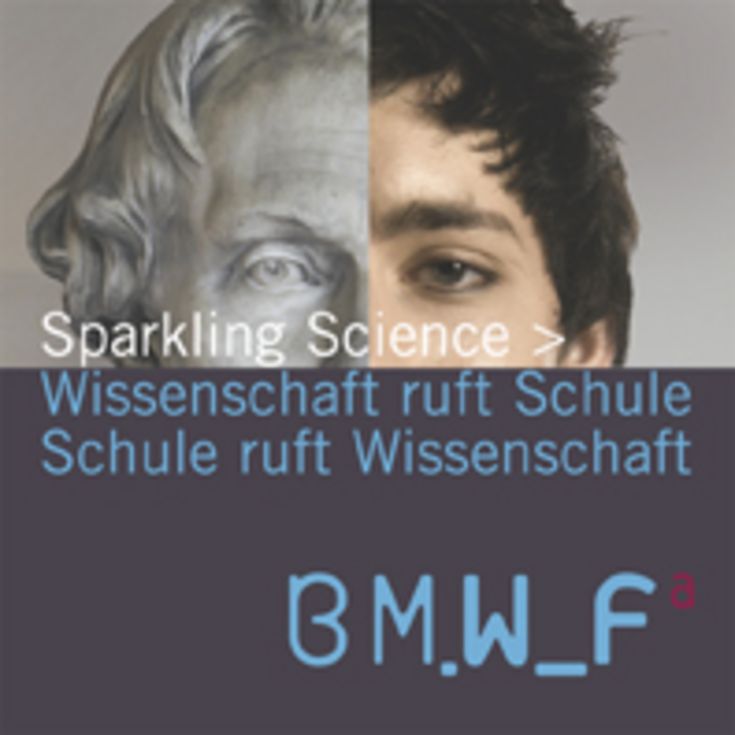Searching for footprints of climate in classrooms!


Highschool students, teachers and scientists investigate climate conditions of classrooms looking for correlations between heat and students’ concentration abilities. In connection to indoor climate, classroom conditions issue an interesting challenge for investigation: Several people share one (class)room for many hours during learning sessions. Therein, students regularly face challenges regarding concentration abilities. A serious challenge arises when dealing with the influence of scientifically proven increase of heat. Climate scenarios predict further increases in the number of high-temperature days already in May and June where schools are still in operation. Teachers and students perceive the exposure to rising temperatures in classrooms as a burden in relation to attention- and performance abilities. However, in the literature there are very few articles dealing with the investigation of the effect of heat in relation to performance abilities. Therefore, in this project this question is posed and investigated in cooperation with three highschools. An aim of the project is to quantitatively establish a correlation between the influence of heat and students’ performance abilities. Apart from measurements related to indoor climate conditions such as temperature, humidity, CO2-concentration and fine particulate matter, we plan to perform psychological performance tests. These will be gathered, documented and also correlated to personal estimations about heat-burden and performance abilities. In order to improve the situation in schools, simple measures and general suggestions ought to be elaborated together with the students and teachers. These include, for example, considerations to be taken in case of renovations of school buildings in order to tackle the problematic of performance demands in an appropriate classroom environment. In the course of the joint work between research institutions and schools, we will evaluate this cooperation and set a platform for a long term cooperation. Runtime: September 2008 to August 2010 Scientific Team: Ingeborg Schwarzl (BOKU-Met) - project leader Elisabeth Lang (psychologist) Erich Mursch-Radlgruber (BOKU-Met) Participating Schools:
GRg 23 / Vienna Bilingual Schooling, Draschestraße
1230 Vienna GRg 4 / Wiedner Gymnasium/Sir-Karl-Popper-Schule
1040 Vienna BG Rechte Kremszeile
3500 Krems (Lower Austria) Cooperation Partner:
Inst. f. Umwelthygiene, ZPH, Medizinische Universität Wien
